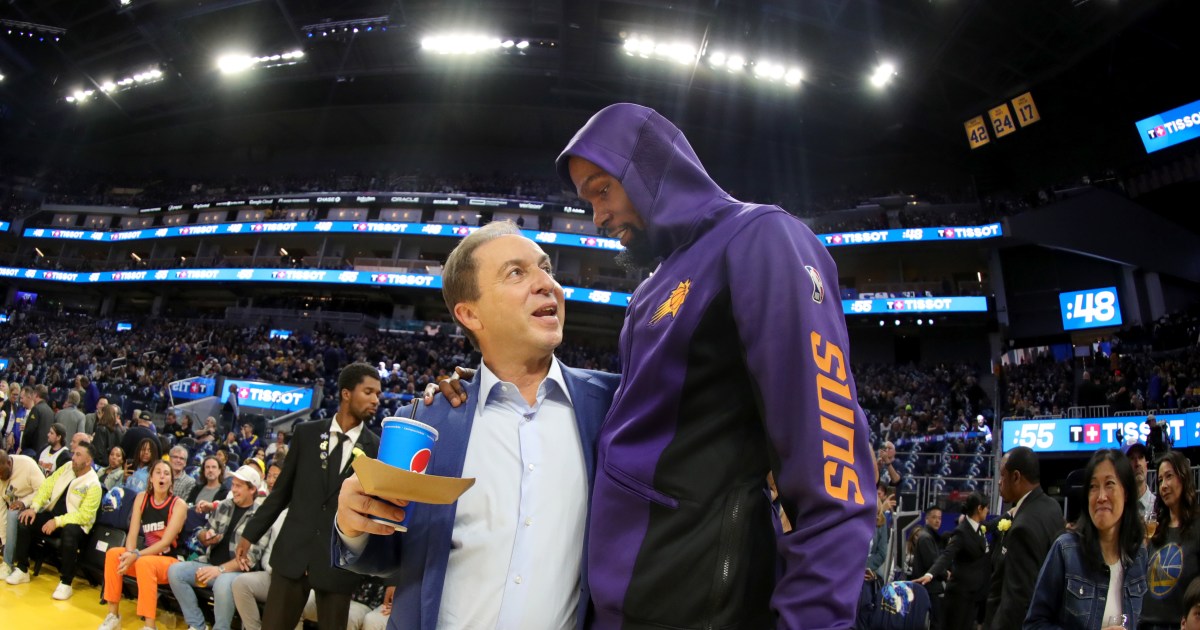This summer, under the collective bargaining agreement the league has finally wrapped its head around, free agency has been a dud. The best free agents to change teams have been Myles Turner, Nickeil Alexander-Walker, and Dorian Finney-Smith – a trio of players who have a combined zero All-Star selections.
Although the Warriors are one of just two teams yet to strike a deal, they’re not alone in relative inactivity. The new collective bargaining agreement has sapped the hype out of the free agency period, putting more of an emphasis on trades and contract extensions. In the punitive apron system, money has dried up and so has the free agency frenzy associated with it.
It’s not that the NBA has a player movement problem. In the past six months, Luka Doncic was traded to the Lakers, the Rockets traded for Kevin Durant, the Warriors swung their blockbuster for Jimmy Butler. It’s that what used to be a summer event — free agency — is suddenly defined by inertia.
Supply and demand are symbiotic when it comes to free agency. There aren’t any superstars hitting free agency because there aren’t any teams with cap space to pay them (besides Brooklyn). Teams didn’t bother to clear cap space because they weren’t any superstars hitting the open market. It’s causation more than correlation.
But this summer doesn’t feel like a one-off, and that’s because of the collective bargaining agreement.
Too afraid of big-spenders such as Joe Lacob and the Clippers’ Steve Ballmer, NBA owners negotiated what is now effectively a hard cap to protect themselves from overspending. The players association, either misunderstanding the agreement or prioritizing the top-level stars who stood to benefit from the new system, obliged.
“Teams are very hesitant to really do anything that pushes them into second apron territory,” cap expert Kevyn Kovesdy told The Standard. “I think people are valuing their cap space, they’re valuing their flexibility, and there’s a lot less margin for error.”
